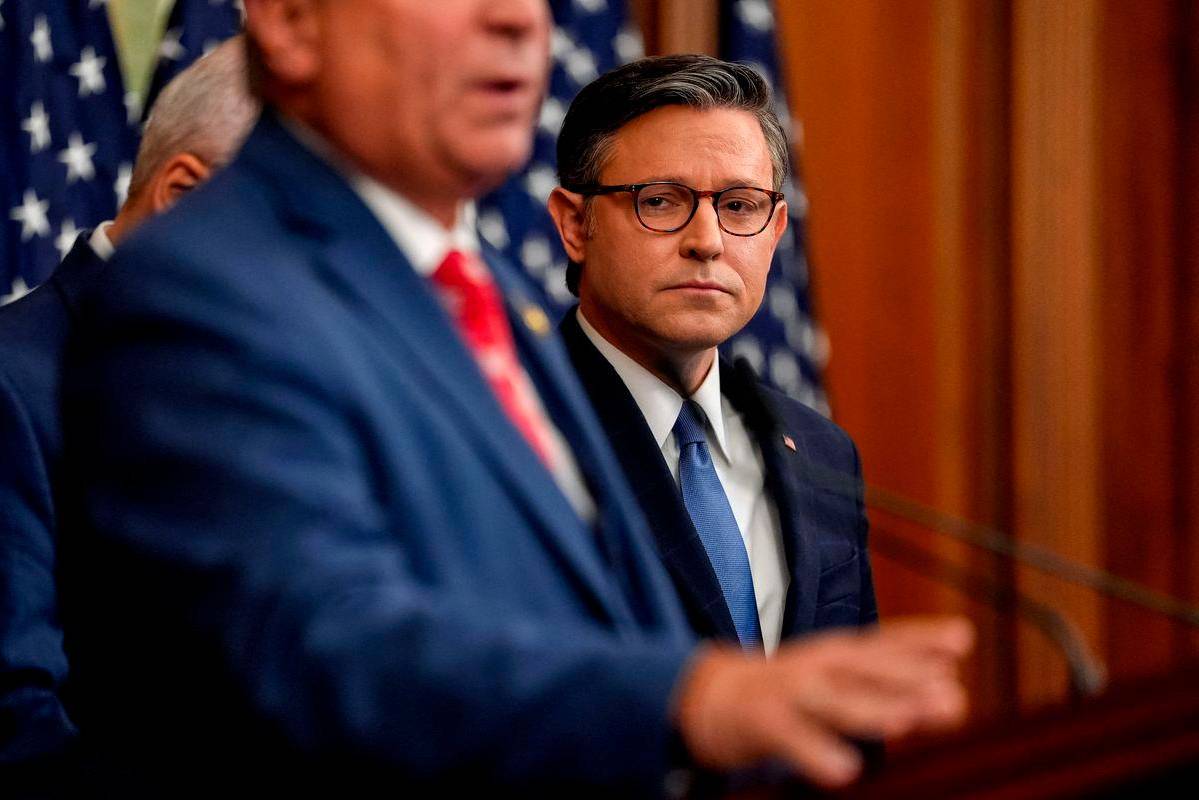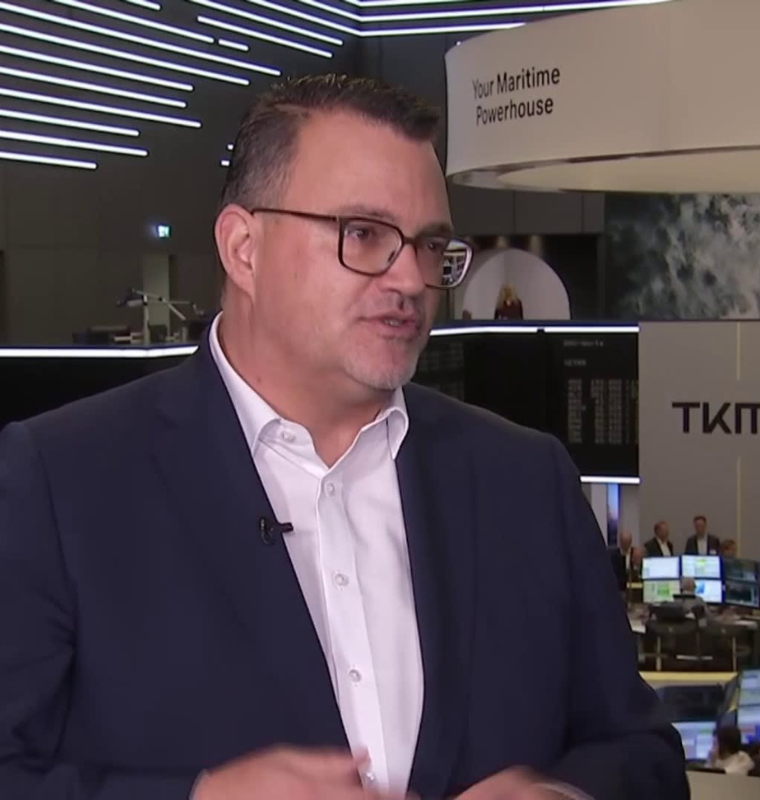White House Adviser Signals Government Shutdown Could End This Week Amid Intensifying Budget Standoff
White House Adviser Signals Government Shutdown Could End This Week Amid Intensifying Budget Standoff
By
David Goldfarb
Last updated:
October 21, 2025
First Published:
October 21, 2025

Photo: The Sun Malaysia
Top White House economic advisor Kevin Hassett said Monday that the ongoing government shutdown is “likely to end sometime this week,” offering a tentative signal that lawmakers may soon break the stalemate over federal funding. Speaking on CNBC’s “Squawk Box,” Hassett added that if the shutdown persists, the Trump administration could take stronger measures to compel Democrats to cooperate.
The shutdown has now entered its third week, with no clear end in sight as partisan tensions continue in the Senate. Republicans are pushing for a short-term funding resolution to maintain government operations at current spending levels, while Democrats insist that any stopgap measure include expanded health-care protections, notably an extension of the enhanced Affordable Care Act (ACA) tax credits, which are set to expire at the end of the year.
Senate Deadlock and Political Timing
On Monday evening, the GOP-backed funding bill failed in the Senate for the 11th time, with a 50-43 vote falling largely along party lines. Hassett suggested that some Democrats were strategically delaying their vote until after this weekend’s nationwide “No Kings” protests against President Trump, framing the shutdown as a politically advantageous moment.
“Moderate Democrats could move forward and get us an open government this week, allowing negotiations on policy to follow through regular channels,” Hassett said. He specifically referenced Senate Minority Leader Chuck Schumer (D-N.Y.), whom Republicans have blamed for prolonging the shutdown.
If lawmakers fail to reach an agreement soon, Hassett indicated that White House officials, including Budget Director Russell Vought, may explore stronger measures to bring Democrats to the negotiating table.
The Stakes and Public Opinion
Public polling has shown that voters increasingly blame Trump and congressional Republicans for the impasse, while support for continuing ACA health insurance subsidies remains strong. Despite the pressure, top Democrats, including Schumer and House Minority Leader Hakeem Jeffries (D-N.Y.), have largely held firm, seeking guarantees for health care before reopening the government.
Schumer has previously stated, “Every day gets better for us… we knew health care would be the focal point,” emphasizing a calculated approach to negotiations. Meanwhile, Senate Majority Leader John Thune (R-S.D.) offered Democrats a vote to extend ACA tax credits in exchange for reopening government operations, though Democratic leaders appear reluctant to accept the compromise.
White House Role
Hassett noted that President Trump has been actively involved in the discussions but maintains that resolving the shutdown ultimately falls to the Senate. The administration continues to monitor the situation closely, weighing political optics, public sentiment, and potential economic consequences as federal agencies operate at limited capacity.
With hundreds of thousands of federal employees furloughed or working without pay, the pressure on lawmakers is mounting. Economists warn that prolonged shutdowns can disrupt economic activity, delay government contracts, and create uncertainty in financial markets.
As the week progresses, all eyes remain on the Senate for a breakthrough, with Hassett projecting a potential resolution within days—though the possibility of escalated measures remains if partisan gridlock persists.
Popular articles
Subscribe to unlock premium content
Ikea’s Space10 Is Leading a Revolution in Food Economies

Ninja Van Grew from a Small Delivery Startup to a Billion Dollar Unicorn

Liechtenstein Built a Global Empire Through Rare Stamp Collecting

Ikea’s Space10 Is Leading a Revolution in Food Economies

Ninja Van Grew from a Small Delivery Startup to a Billion Dollar Unicorn

Ikea’s Space10 Is Leading a Revolution in Food Economies









